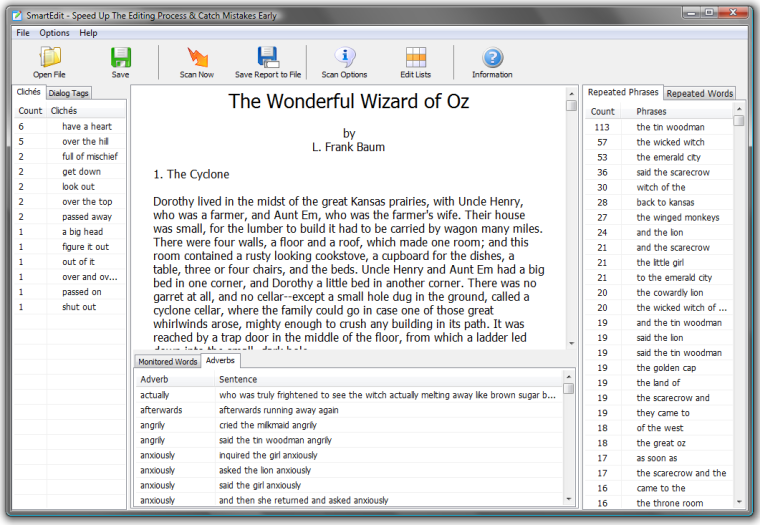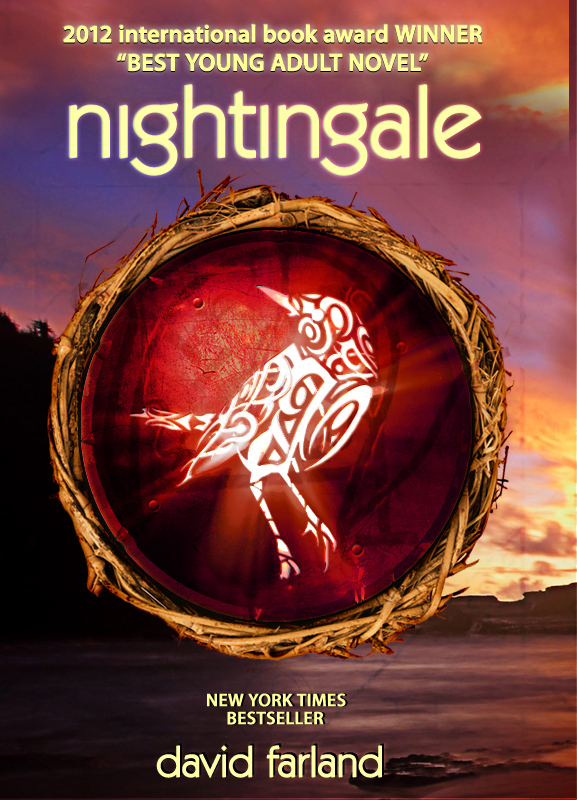Purple Prose:
fantasy
The Enchanted by Elaine Cantrell

I--Imagination
Fulfilling Your Destiny~ A Twist on Cinderella

The U.S. Tax Treaty for Writers and Illustrators

Writing Software Love

Bringing Scenes to Life: Guest Post

Guest Post: Doing Kickass Author Interviews

World Building’s Not Just for Paranormals!

Guest Post: Time and Time Again

Researching Believability
Q & A with Joanna Volpe

Those Pesky Commas
Influential YA Authors

The Mysterious Voice

Gotta Love That Research

Great Summer Reads


